“Using bank cards to program debt that is long-termin the place of benefitting through the freedom that rolling credit provides for the short term) is often high priced and these customers can be spending a lot more than they should with debt solution expenses; struggling under a debt obligations; or saving risk that, in the event of a life occasion ( ag e.g., sickness or jobless) could become problematic” (Financial Conduct Authority 2016, p. 48).
Customers who possess persistent personal credit card debt or just make minimum that is systematic on the card without making significant contributions to repaying the outstanding balance are extremely lucrative for creditors. The “sweatbox” type of charge card financing described by Mann is just just to illustrate. In this model, “the most lucrative ındividuals are often the smallest amount of very likely to ever repay their debts in complete” (Mann 2007, p. 384). Consequently, creditors have actually a reason to help keep customers into the sweatbox as opposed to intervene to deal with the customers’ lending behavior which help them to cut back financial obligation burdens since quickly as they are able to. Because of this, when you look at the lack of effective regulatory intervention to correct industry failure pertaining to the abuse of customer behavioural biases, paying for a charge card can easily get free from control and cause consumer detriment. It really is debateable, nonetheless, as to what extent general guidelines regarding the supply of credit rating, in specific that on creditworthiness assessments, are designed for fighting all these credit that is irresponsible financing practices.
Cross-Selling
Reckless financing throughout the EU can also be connected with cross-selling. Within the current context, cross-selling, also called item bundling, is the training of attempting to sell a credit item as well as another economic item, such as for instance insurance coverage. Cross-selling may take the type of a tying training, and therefore another monetary item is created mandatory to get that loan from a provided provider. Instead, such an item could be provided to customers as an optional extra (cf. Global Financial customer Protection organization (FinCoNet) 2017, p. 31). Cross-selling of financial loans can lead to a situation where customers buy items that they don’t always wish or need and that involve additional charges and costs.
Cross-selling has been recognized as a problematic attempting to sell training in a big wide range of Member States (European Banking Authority 2017, p. 22). The these include the supply of that loan in combination with re payment security insurance coverage (PPI), auto insurance, or life insurance coverage, where customers would not require the insurance or had been unaware they had been using it down whenever concluding a credit contract (European Banking Authority 2017, p. 22). As an example, within the Czech Republic consumers that are many unwittingly given a charge card at this time these were buying other items (European Parliament 2014, p. 62). In this instance, the customers could be lured to make use of the bank card and, for that reason, may result in a problematic payment situation.
Cross-selling of PPI deserves attention that is special this context
PPI is an insurance plan that allows customers to guarantee payment of loans in the event great plains lending loans review that debtor dies, becomes sick or disabled, or faces other circumstances preventing them from fulfilling the responsibilities under a credit contract. As with every other kind of insurance coverage, PPI may exclude or impose restrictive conditions on specific kinds of claimant ( ag e.g., self-employed or contract employees) or claim ( ag e.g., illness related to preexisting condition that is medical and might be at the mercy of other terms that limit the cover supplied.






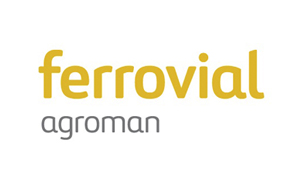
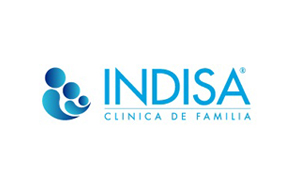
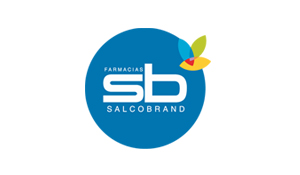
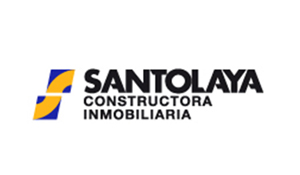

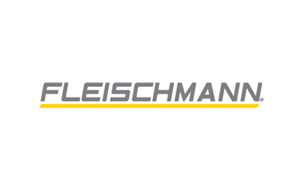
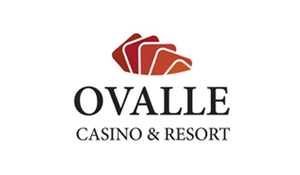
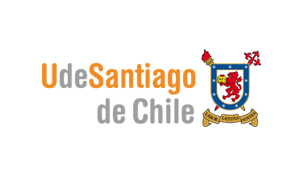
Comentarios recientes